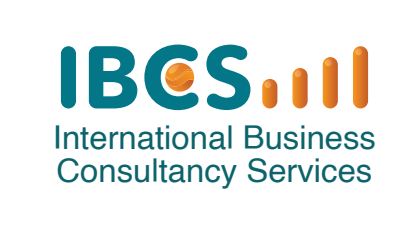Trademark Registration in India
Trademark registration in India is a crucial step to safeguard your brand or logo. By registering your trademark, you gain exclusive legal rights and prevent others from using your mark without permission. Here’s a detailed guide to help you understand the trademark registration process in India:
Preliminary Search: Before filing a trademark application, it’s important to conduct a comprehensive search to ensure that your proposed trademark is unique and doesn’t infringe upon existing registered or pending trademarks. This search helps minimize the risk of objections or opposition during the registration process.
Filing the Application: To initiate the registration process, you need to complete the trademark application form (Form TM-A) accurately. It requires essential information such as the applicant’s details, the trademark itself, and a clear description of the goods or services associated with the mark. You can file the application online through the Trademarks e-filing portal or submit it physically at the appropriate regional office of the Office of the Controller General of Patents, Designs, and Trademarks (CGPDTM).
Once the application is filed, it undergoes a thorough examination conducted by the Trademarks Registry.The purpose of this examination is to ensure that the application adheres to formalities and assess the distinctiveness and registrability of the trademark. The Registry reviews the application and may issue an examination report if any objections or discrepancies are identified.
Response to Examination Report: If an examination report raises objections, you must respond to the concerns within the specified period, typically one month (with a possibility of a three-month extension). Preparing a comprehensive response that addresses the objections effectively is crucial. A satisfactory response can lead to the acceptance of the trademark application, while failure to respond adequately may result in the abandonment of the application.
Publication: Upon successful completion of the examination stage or overcoming objections, the trademark application is published in the Trademarks Journal. This publication serves as notice to the public regarding your trademark. Interested parties have three months from the publication date to file opposition if they believe there are valid grounds to challenge the registration.
Opposition Proceedings: If an opposition is filed by a third party, the Registrar will provide an opportunity for both parties to present their case. The Registrar examines the evidence and conducts hearings before making a decision. In case no opposition is filed or the opposition is unsuccessful, the application moves forward for registration.
Registration and Certificate: When all the requirements are met, and there are no pending oppositions, the trademark is registered, and a registration certificate is issued. This certificate confirms your exclusive rights to the trademark. The registration is valid for ten years from the filing date and can be renewed indefinitely for successive periods of ten years.
Please note that the timeline for trademark registration in India can vary depending on factors such as the complexity of the application, the workload of the Registry, and any opposition proceedings involved. It is advisable to seek assistance from our trademark attorney or agent to ensure a smooth and successful registration process.
Remember, trademark registration provides legal protection and enhances the value of your brand, so it’s a step worth considering to safeguard your intellectual property rights.
Call us 9749373200 for trademark registration and consult with our consultants.
